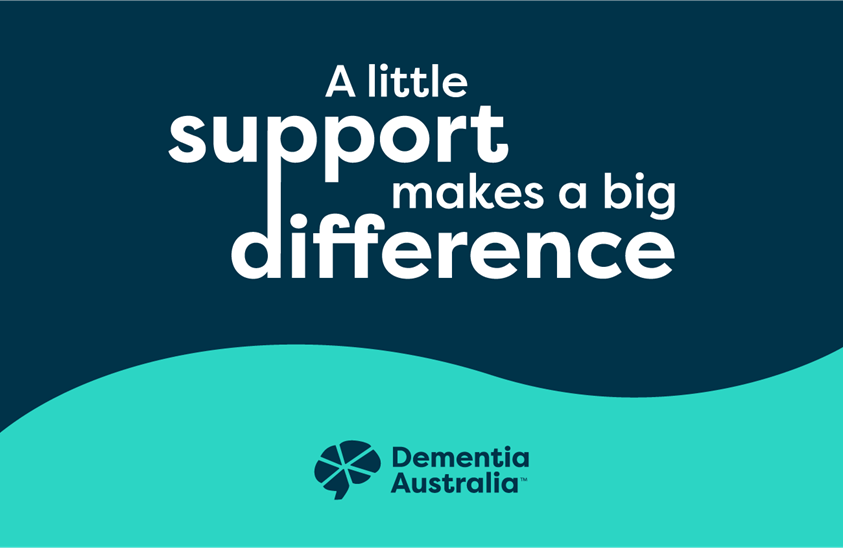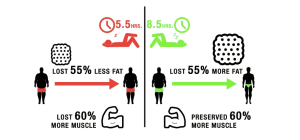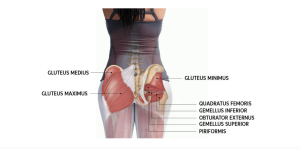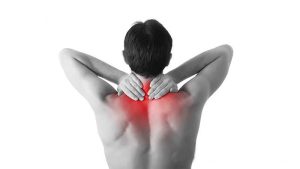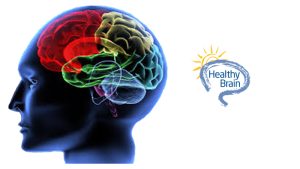Dementia Action Week falls this week from 19th -25th Sept. The number of people living with this disease in Australia is set to double in the next 25 years. This year 2022, there are an estimated 487,500 Australians living with dementia and it is the second leading cause of death for Australians.
The campaign provides information and tips to encourage all Australians to increase their understanding of dementia and learn how they can make a difference in the lives of people around them who are impacted – and to help eliminate discrimination. These include simple and practical tips to:
- Give a little support to a person living with dementia.
- Give a little support to a carer, friend, or family member of a person living with dementia.
- Help healthcare professionals make their practice more dementia-friendly.
What is Dementia?
Dementia describes a collection of symptoms caused by disorders affecting the brain. It is not one specific disease.
- Dementia can affect thinking, memory, and behaviour. Brain function is affected enough to interfere with someone’s normal social or working life.
- No two people experience this disease in the same way.
- It is essential to get a medical diagnosis when symptoms first appear.
People often lead active and fulfilling lives for many years after their diagnosis.
For more information about Dementia and how you can help go to Dementia Australia.
Signs & Symptoms?
Early signs of dementia can be subtle and may not be immediately obvious. Common symptoms include:
- memory loss
- changes in planning and problem-solving abilities
- difficulty completing everyday tasks
- confusion about time or place
- trouble understanding what we see (objects, people) and distances, depth, and space in our surroundings
- difficulty with speech, writing, or comprehension
- misplacing things and losing the ability to retrace steps
- decreased or poor judgment
- withdrawal from work or social activities
- changes in mood and personality.
- Slowed movement (bradykinesia) – Over time, Parkinson’s disease may reduce your ability to move and slow your movement.
- Rigid muscles– stiff muscles can limit your range of motion and cause you pain.
- Resting tremor – A tremor, or shaking, usually begins in a limb, often your hand or fingers.
- Posture and balance – Your posture may become stooped, or you may have balance problems.
- Gait Problems – Gait issues such as freezing, shuffling, drooping shoulders, and lack of arm swing.
- Facial Expressions – People with Parkinson’s often have reduced facial expressions referred to as masking.
For more information about Dementia and how you can help go to Dementia Australia.
Chiro & Sports Med
Our chiropractors at Chiro & Sports Med are committed to providing chiropractic solutions to address your unique needs. Whether you are experiencing an irritated nerve, bulging disc, back pain, neck pain, knee pain, headaches, or even muscular tightness and tension. You may be searching for pain relief after an accident or experiencing an injury. Our mission is to help reduce or eliminate pain and to prevent future problems and injury. Above all, we are here to improve your quality of life, well-being, and your ability to live an active healthy lifestyle.
